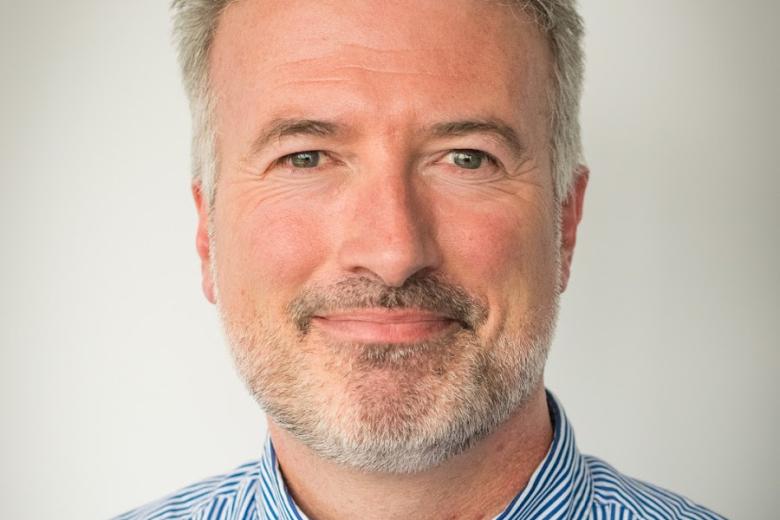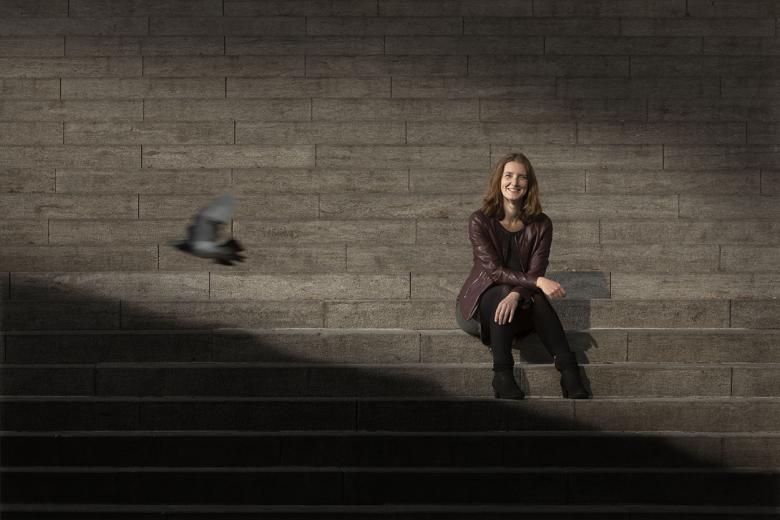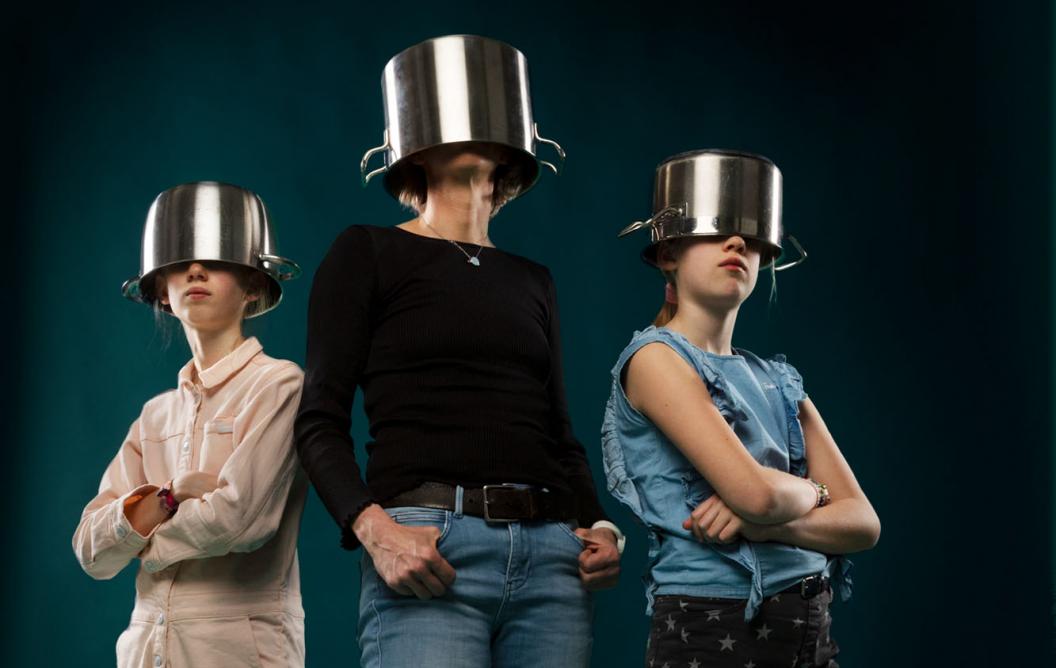The scientist, the chef and her passions
Even as an 11-year-old, she used to jump at the chance to cook for the entire family. Anne Roefs, professor of Psychology and Neuroscience of Abnormal Eating, was tossing up between a career as a scientist or a top chef. Now she is passionate about her research on topics such as obesity. Occasionally the cook in her fantasises about using her knowledge to promote sustainable weight loss: “There’s no reason healthy food can’t be tasty too. What if I were to write a cookbook with healthy recipes, combined with a meal box with the right ingredients—the ‘Lose Weight Box’—and an app with supporting advice?” But first the VICI project.
Her scientific research has undoubtedly changed her view of food. “I’ve learned how hard it is to change an unhealthy lifestyle. I used to have this cavalier attitude: come on, you just have to do this, this and this. But for the people involved, it’s like elite sport. There’s so much room for improvement in how we can support people in transitioning to and maintaining a healthy lifestyle. Some are very good at it; they just flip a switch. But for most people, it’s a very bumpy road. We mainly look at behavioural and psychological elements, but environmental and biological factors also play a role. That’s what my VICI project is about: can we develop profiles of people that can predict who will be able to change their lifestyle and lose weight sustainably, and who won’t? Obesity research tends to be based on averages and neglect individual aspects that can lead to overweight. These profiles could help us decide which intervention is most appropriate.” Mid-March it was announced that the VICI grant of €1.5 million had been awarded to Roefs.
Missed opportunity
Listening to her explain her research with such enthusiasm, it’s hard to imagine she ever had doubts about her profession. “When I finished my PhD, I said to Anita [Jansen, her supervisor]: now I’m going to quit and become a chef. ‘Think it over,’ she said. ‘Why not do that two days a week and work four days as a postdoc?’ So I did that for a year: I worked in the kitchen at Le Salonard in Maastricht and also gave cooking lessons. I was friends with the restaurant owner and learned a lot from him, from cutting five kilos of onions to experimenting with flavours. I realised that when you work for a boss you don’t have the freedom to do your own thing. But I found starting for myself too risky—I’m actually risk averse,” she laughs. “And the days in the restaurant all started to look the same just as my postdoc research was becoming more and more interesting, so I decided to pursue my scientific career. I’ve never regretted that choice, not least because my research is on eating behaviour. Many people don’t seem to realise that healthy food can be tasty too—such a missed opportunity!”
Freedom of choice
Roefs hails from a baker’s family in Brabant, and both of her grandmothers were good cooks. “A love of food is definitely part of it, just not through my parents. Food was functional for us; my mother is definitely not your typical Burgundian. When I was 11 and suggested cooking for the family, she must have thought, great, that way I don’t have to do it, whereas I thought: now I’ll be able to make food that’s actually yummy.” She experimented with cookbooks and learned from an uncle who was into French cuisine. “Chocolate mousse and the perfect chips with homemade mayonnaise. He always made a party of it and let you go your own way, intervening only when you were really headed in the wrong direction. I see him doing the same thing with my daughters now, and it works.”
During high school she waited tables at a high-end restaurant, so the Hotel School in Maastricht seemed a logical choice. “But it was awful: completely focused on management, no cooking at all. I didn’t feel at home there. I quit after two years, much to the horror of my parents. My father’s a guidance counsellor, and he hadn’t seen it coming at all,” she laughs.
History repeats itself
At the time of the interview, Roefs, her husband and their two daughters (aged 10 and 12) are living elsewhere while renovating the ground floor of their house: a new kitchen was a must. “We thought long and hard about the layout. I need a good oven and lots of space, so we’ll have a very long countertop—almost to where the dining table is—because I like to cook with company. A good convection oven is enough for me; I don’t need fancy technology. If I want to steam something, I just do it with an aluminium steamer in a pan.”
Her favourite chef is Yotam Ottolenghi. “I use his books whenever I have time and am cooking for a group. Roasted aubergines, how special can they be? But if you use all those ingredients in his recipes, they become so exciting. My work has definitely led me to cook more healthily.” She is also keen to pass on her passion to her daughters. “The eldest, who’s just turned 12, enjoys cooking and can prepare a meal on her own. She’ll app me to say, ‘Mama, can I cook?’ So sweet.” History repeats itself.
By: Annelotte Huiskes (text), Arjen Schmitz (photography)
Many people don’t seem to realise that healthy food can be tasty too—such a missed opportunity! 
Also read
-
Empowering Smallholder Farmers in the Data Economy: Unlocking Opportunities and Overcoming Obstacles
Frederik Claasen, the head of policy at our partner organisation Solidaridad Network on the opportunities and obstacles facing smallholder farmers in their data ecosystems.
-
Vulnerable victims can use all the support they can get
Sexual harassment in public is becoming a punishable offence. It’s a good idea, says Suzan van der Aa, professor of Criminal Law and Criminal Procedure, but one that doesn’t go far enough. “Sexual harassment in the workplace is common too, and usually has a greater impact on the victims.”
-

